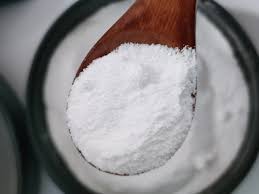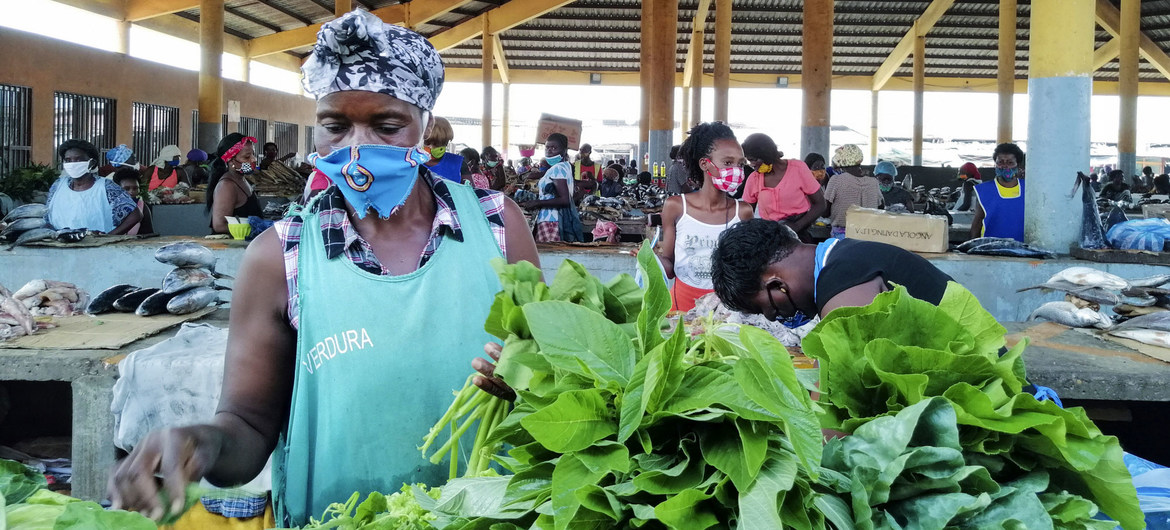A groundbreaking study has uncovered new insights into the genetic causes of irritable bowel syndrome (IBS), linking defects in the digestion of sugar to an increased risk of the disorder. The research, conducted by the Gastrointestinal Genetics team at CIC bioGUNE—BRTA and LUM University, has revealed that mutations in the sucrase enzyme, an intestinal enzyme crucial for digesting sucrose and starch, may contribute to IBS symptoms like bloating, diarrhea, and abdominal pain.
Sucrase-isomaltase (SI) is a dual-function enzyme that plays a pivotal role in carbohydrate digestion, specifically in breaking down sucrose and starch. Previous research had already suggested a genetic connection between SI defects and IBS, indicating that certain genetic variations could reduce enzymatic activity and impair carbohydrate digestion. This new study takes it a step further, exploring whether sucrase and isomaltase, two components of SI, each contribute differently to IBS risk and severity.
The team analyzed data from over 360,000 individuals in the UK Biobank, revealing that defective sucrase variants were strongly associated with a higher risk of IBS. Notably, individuals with sucrase defects also experienced more severe bowel symptoms and were more likely to avoid sucrose-rich foods. On the other hand, defects in the isomaltase enzyme did not appear to affect IBS risk or symptom severity.
“Sucrase has the unique ability to break down sucrose in addition to maltose from starch,” said senior author Mauro D’Amato, Professor of Medical Genetics at LUM University and Ikerbasque Research Professor at CIC bioGUNE. “For individuals with genetic defects in sucrase, this sugar may trigger bowel symptoms, leading to IBS-like symptoms.”
This study provides new understanding of IBS, a condition that affects millions of people worldwide, often with unclear causes and limited treatment options. The findings not only reinforce the importance of digestive enzyme genetics in IBS predisposition but also suggest that dietary treatments could be tailored to genetics, such as reducing sucrose intake for individuals genetically predisposed to impaired sugar digestion.
“While further studies are needed to validate these initial findings,” D’Amato added, “the potential for personalized diagnostic tools, dietary strategies, and even enzyme-targeted therapies is significant in improving IBS prevention and treatment.”
The research team included experts from Spain (CIC bioGUNE), Italy (LUM University and University of Naples), and Germany (University of Veterinary Medicine Hannover).
For more information, see the study: Domain-specific effects of sucrase-isomaltase genotype in irritable bowel syndrome, Gastroenterology (2025). DOI: 10.1053/j.gastro.2025.01.242.
Disclaimer: This study’s findings are based on genetic associations and observational data, and further research is needed to confirm these results. Dietary adjustments should be made under the guidance of a healthcare professional.




![Interim recommendations for use of the ChAdOx1-S [recombinant] vaccine against COVID-19 (AstraZeneca COVID-19 vaccine AZD1222 Vaxzevria™, SII COVISHIELD™)](https://healthandfamily.in/wp-content/uploads/2021/07/1-23.jpeg)







